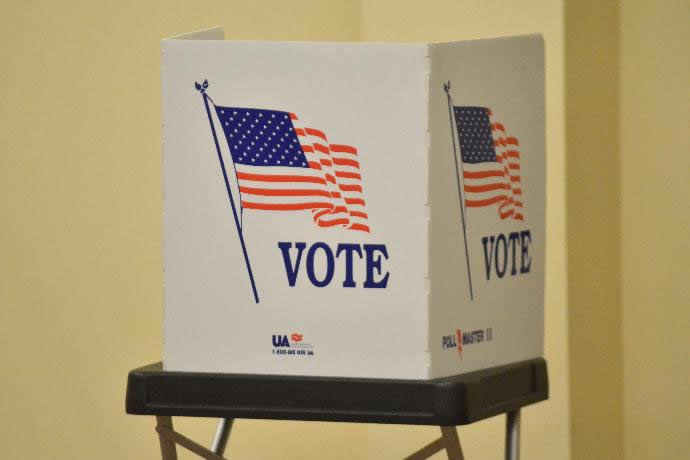

Share
Amid the gloom of Election Day losses for endorsed candidates, unions found some solace in down-ballot wins in various referendums, including measures to stop so-called “Right to Work” and to raise the minimum wage.
Leading the way was rejection of a constitutional amendment in Virginia enshrining Right to Work in that state’s basic charter. With a strong campaign by the Virginia AFL-CIO, RTW – which would weaken unions by allowing workers to enjoy the benefits of a union contract without paying for them – went down the drain by 225,000 votes, 53 percent-47 percent.
In other wins, voters in four more states raised their state minimum wages, while South Dakota trashed a business-backed GOP scheme to institute a youth subminimum wage.
Arizona, Colorado and Maine each raised their state minimum wages to $12 an hour by 2020. Washington, with enthusiastic support from the state AFL-CIO, raised its statewide minimum to $13.50 an hour by 2020. It’s now $9.47 hourly, far above the U.S. $7.25 minimum.
That federal minimum hasn’t risen in a decade, and the GOP-run Congress has defeated several Democratic attempts to do so. During the 2016 campaign, GOP president-elect Donald Trump took varying stands on the minimum wage, at times arguing it should be cut and at other times advocating a $10 minimum.
South Dakota’s GOP wanted to institute a youth subminimum wage of $7.50 an hour, a dollar below the state’s current minimum. Voters said no by a 71 percent-29 percent margin.
The Amalgamated Transit Union touted the ballot measures that backed public transit. Wins include funds for a first-ever bus rapid transit line in Charleston, S.C., a major expansion in Los Angeles County, Calif., a 10-year tax levy to fund mass transit in Toledo, Ohio, a tax hike to upgrade MARTA in Atlanta, and a $56 million yearly regional tax hike to fund rapid transit in Marion County (Indianapolis), Ind.
“Voters have spoken through the ballot box, and they said they want more public transit and are willing to pay for it,” ATU President Larry Hanley said. “Even Americans who don’t depend on transit themselves voted for it because they understand we all need better transit for economic opportunity, cleaner air and less congestion.”
In California, unions were part of coalitions that backed ballot measures restoring bilingual education and advancing criminal justice reform.

